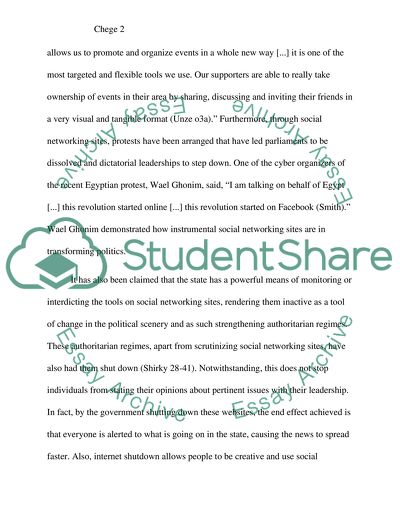Cite this document
(“Social Networking Sites Essay Example | Topics and Well Written Essays - 1750 words”, n.d.)
Retrieved from https://studentshare.org/family-consumer-science/1412169-rogerian-argument-research-essay
Retrieved from https://studentshare.org/family-consumer-science/1412169-rogerian-argument-research-essay
(Social Networking Sites Essay Example | Topics and Well Written Essays - 1750 Words)
https://studentshare.org/family-consumer-science/1412169-rogerian-argument-research-essay.
https://studentshare.org/family-consumer-science/1412169-rogerian-argument-research-essay.
“Social Networking Sites Essay Example | Topics and Well Written Essays - 1750 Words”, n.d. https://studentshare.org/family-consumer-science/1412169-rogerian-argument-research-essay.


